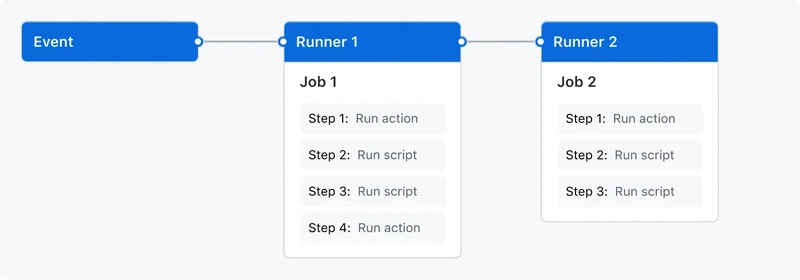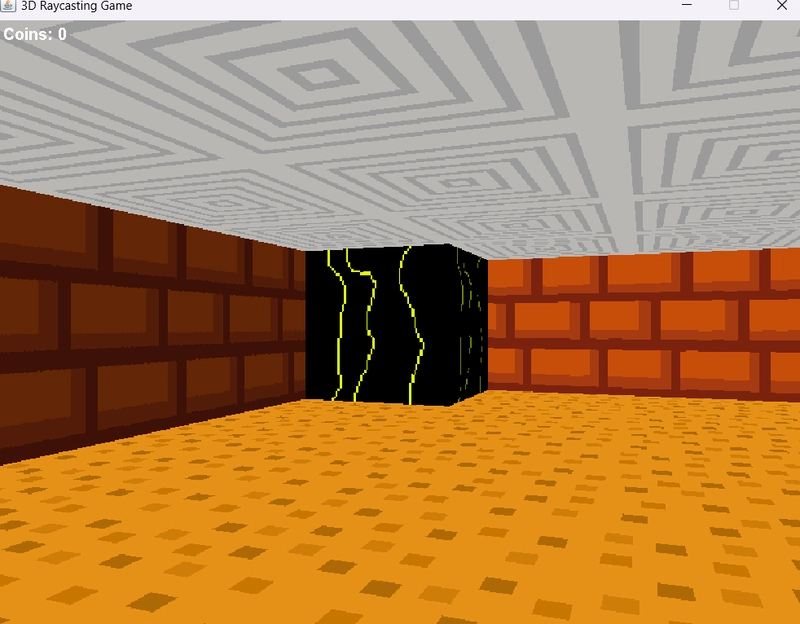Types of Constructor
Types of Constructors in Java In Java, constructors are special methods used to initialize objects. There are several types of constructors: 1. Default Constructor Created automatically by Java if no constructor is defined Has no parameters Initializes instance variables with default values (0, null, false) public class MyClass { // Default constructor (implicit if none defined) public MyClass() { // Initialization code } } 2. Parameterized Constructor Accepts parameters to initialize objects with specific values Allows different initialization for different objects public class Student { String name; int age; // Parameterized constructor public Student(String name, int age) { this.name = name; this.age = age; } } 3. Copy Constructor Creates an object by copying values from another object Useful for creating a copy of an existing object public class Student { String name; int age; // Copy constructor public Student(Student other) { this.name = other.name; this.age = other.age; } } 4. Constructor Overloading Having multiple constructors with different parameters Provides different ways to initialize objects public class Rectangle { int length, width; // Constructor 1 public Rectangle() { length = width = 0; } // Constructor 2 public Rectangle(int side) { length = width = side; } // Constructor 3 public Rectangle(int l, int w) { length = l; width = w; } } 5. Private Constructor Can only be accessed within the class Used in singleton design pattern Prevents instantiation from outside the class public class Singleton { private static Singleton instance; private Singleton() { // private constructor } public static Singleton getInstance() { if(instance == null) { instance = new Singleton(); } return instance; } } 6. Constructor Chaining Calling one constructor from another constructor Achieved using this() keyword Must be the first statement in the constructor public class Employee { String name; int id; String department; public Employee() { this("Unknown", 0); // calls 2-arg constructor } public Employee(String name, int id) { this(name, id, "General"); // calls 3-arg constructor } public Employee(String name, int id, String department) { this.name = name; this.id = id; this.department = department; } } Each type of constructor serves different purposes in object initialization and provides flexibility in how objects are created in Java programs. (TBD)

Types of Constructors in Java
In Java, constructors are special methods used to initialize objects. There are several types of constructors:
1. Default Constructor
- Created automatically by Java if no constructor is defined
- Has no parameters
- Initializes instance variables with default values (0, null, false)
public class MyClass {
// Default constructor (implicit if none defined)
public MyClass() {
// Initialization code
}
}
2. Parameterized Constructor
- Accepts parameters to initialize objects with specific values
- Allows different initialization for different objects
public class Student {
String name;
int age;
// Parameterized constructor
public Student(String name, int age) {
this.name = name;
this.age = age;
}
}
3. Copy Constructor
- Creates an object by copying values from another object
- Useful for creating a copy of an existing object
public class Student {
String name;
int age;
// Copy constructor
public Student(Student other) {
this.name = other.name;
this.age = other.age;
}
}
4. Constructor Overloading
- Having multiple constructors with different parameters
- Provides different ways to initialize objects
public class Rectangle {
int length, width;
// Constructor 1
public Rectangle() {
length = width = 0;
}
// Constructor 2
public Rectangle(int side) {
length = width = side;
}
// Constructor 3
public Rectangle(int l, int w) {
length = l;
width = w;
}
}
5. Private Constructor
- Can only be accessed within the class
- Used in singleton design pattern
- Prevents instantiation from outside the class
public class Singleton {
private static Singleton instance;
private Singleton() {
// private constructor
}
public static Singleton getInstance() {
if(instance == null) {
instance = new Singleton();
}
return instance;
}
}
6. Constructor Chaining
- Calling one constructor from another constructor
- Achieved using
this()keyword - Must be the first statement in the constructor
public class Employee {
String name;
int id;
String department;
public Employee() {
this("Unknown", 0); // calls 2-arg constructor
}
public Employee(String name, int id) {
this(name, id, "General"); // calls 3-arg constructor
}
public Employee(String name, int id, String department) {
this.name = name;
this.id = id;
this.department = department;
}
}
Each type of constructor serves different purposes in object initialization and provides flexibility in how objects are created in Java programs. (TBD)

































































